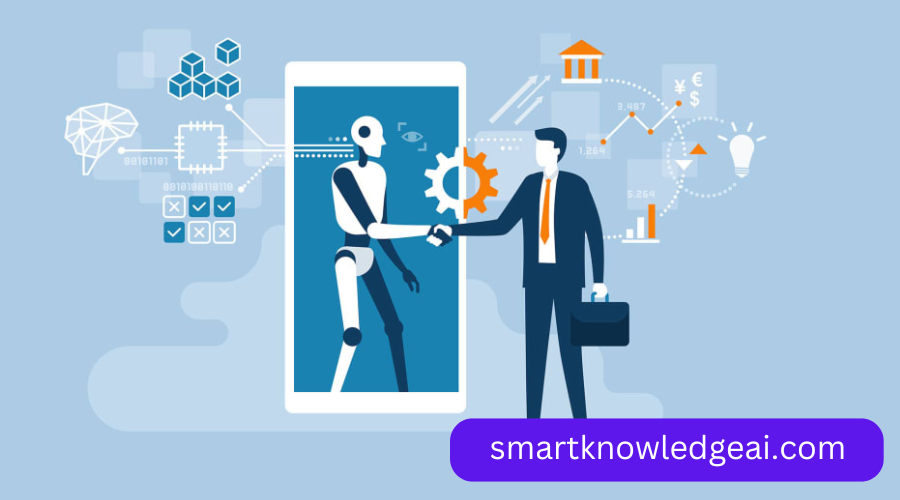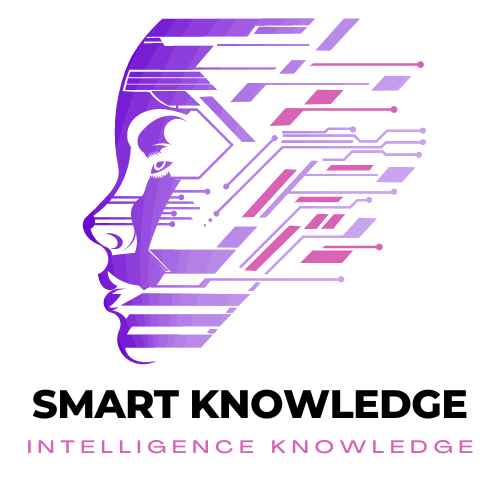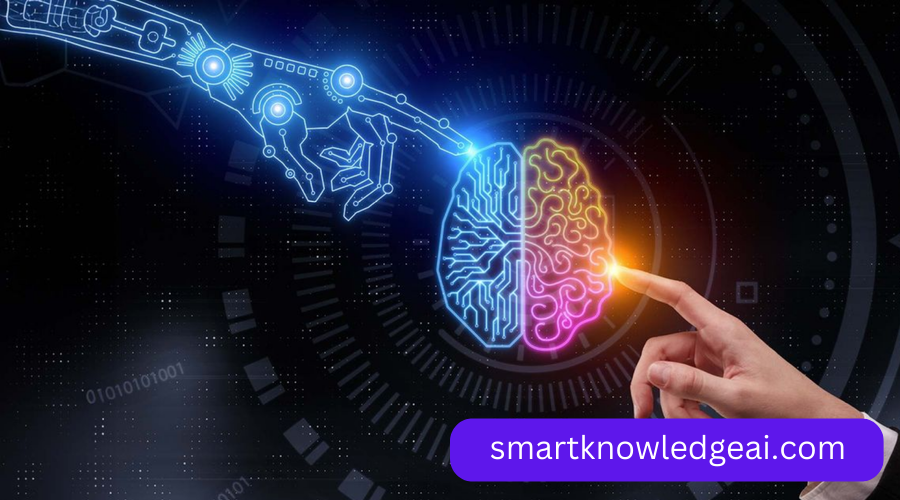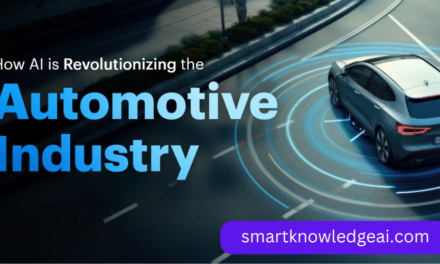Artificial Intelligence (AI) has transformed from an emerging technology into a central tool driving business success. From startups to large corporations, companies are leveraging AI to improve efficiency, enhance customer experiences, and streamline operations. In this blog, we will explore how AI in business world is revolutionizing, its applications in various sectors, and the benefits and challenges businesses face in adopting AI.
1. What is (Artificial Intelligence) AI in Business?
Artificial Intelligence in business refers to the use of AI-powered tools and technologies to perform tasks traditionally requiring human intelligence. These tasks include data analysis, decision-making, and customer interaction. By incorporating AI, businesses can operate more effectively and adapt to rapidly changing market demands.
2. Applications of AI Across Industries
AI has diverse applications in business, transforming numerous sectors:
- Retail: AI optimizes inventory management, personalizes shopping experiences, and predicts consumer behavior. Retail giants use AI-powered recommendation engines to suggest products based on customer preferences.
- Finance: AI streamlines operations in the finance sector, enhancing fraud detection, customer service, and trading analysis. Chatbots and virtual assistants are widely used to handle customer inquiries, while machine learning algorithms detect suspicious transactions.
- Healthcare: AI-driven systems assist in diagnosing diseases, predicting patient outcomes, and personalizing treatment plans. Hospitals use AI tools to streamline administrative tasks, enabling healthcare professionals to focus on patient care.
- Manufacturing: AI-powered robots perform repetitive tasks, reducing costs and increasing productivity. Predictive maintenance powered by AI also prevents equipment breakdowns, minimizing downtime and operational costs.
- Transportation: AI optimizes logistics and supply chain management, improving delivery times and reducing fuel consumption. Autonomous vehicles represent a major AI application, promising to revolutionize transport and reduce accidents.

3. Benefits of Artificial Intelligence in Business
The benefits of AI are driving its rapid adoption in the business world:
- Improved Efficiency: Automation of repetitive tasks increases operational efficiency and reduces the risk of errors, saving time and resources.
- Data-Driven Insights: AI-powered analytics tools offer data insights that allow businesses to make informed decisions and adapt to customer needs more effectively.
- Enhanced Customer Service: AI-enabled chatbots provide 24/7 customer support, handling inquiries and improving customer satisfaction.
- Cost Reduction: By automating labor-intensive processes, AI reduces operating costs, enhancing profitability for businesses.
- Scalability: AI solutions allow businesses to scale their operations smoothly by automating processes that would otherwise require significant manual effort.
4. Challenges in Adopting AI for Businesses
While AI offers numerous advantages, there are challenges to its widespread adoption:
- High Implementation Costs: Deploying AI solutions can be expensive, especially for small businesses with limited budgets.
- Data Privacy and Security: AI relies on large data sets, raising concerns about data privacy and the security of sensitive information.
- Workforce Displacement: Automation could lead to job displacement, necessitating workforce reskilling to keep up with technological advancements.
- Complexity of AI Systems: AI implementation requires expertise in data science, machine learning, and software development, which can be challenging for businesses without in-house capabilities.
5. The Future of AI in Business
The future of AI in business is bright, with anticipated advancements in machine learning, natural language processing, and predictive analytics:
- Increased Adoption of AI-as-a-Service (AIaaS): Many companies are moving towards AI-as-a-Service platforms, which provide accessible AI tools without high upfront costs.
- AI in Small Businesses: As AI technology becomes more affordable, smaller enterprises will begin to implement AI solutions to stay competitive.
- Enhanced Human-AI Collaboration: Rather than replacing humans, AI will likely work alongside employees, augmenting their abilities and facilitating decision-making.
- Focus on Ethical AI: Businesses will prioritize ethical AI practices, ensuring that algorithms are transparent, fair, and free from bias.
To Sum Up
Artificial Intelligence is revolutionizing the business world, enabling companies to become more efficient, customer-centric, and innovative. As AI continues to evolve, its potential to reshape industries and create new business models is boundless. By understanding AI’s impact, businesses can leverage this powerful tool to secure their future in a highly competitive market.










